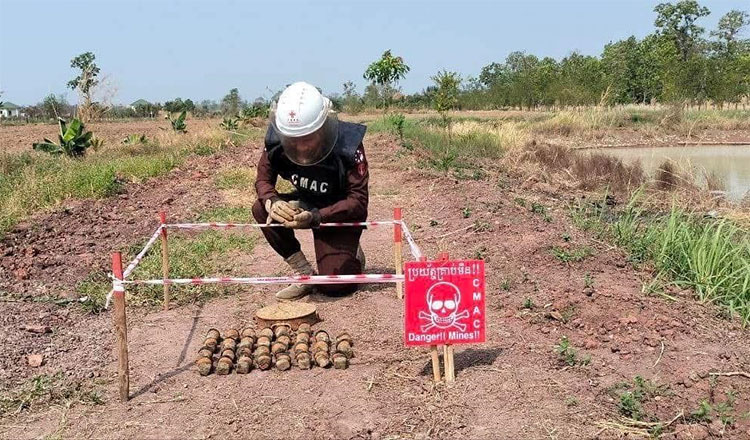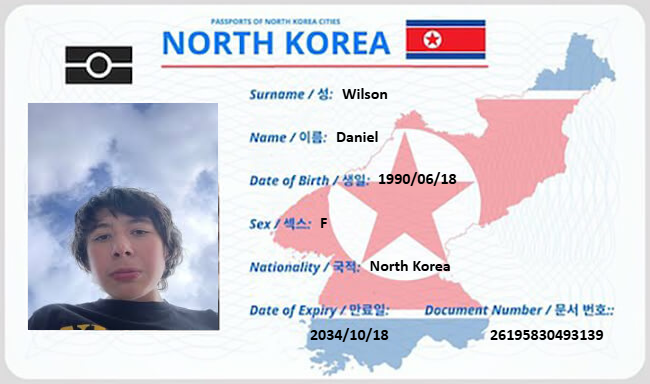Amid growing geopolitical and economic rivalries between superpowers, global security challenges, climate change, and concerns about the security of food and energy, the global landscape in 2025 remains unstable. The global economic outlook is further complicated by the emergence of deglobalisation, characterized by reduced interconnectedness and interdependence among economies.
Cambodia’s economy remains resilient despite these difficulties. Cambodia’s GDP is projected to grow by 6 percent in 2024, up from 5 percent in 2023, thanks to a rebounding global economy and robust performance from trading partner. The riel is expected to remain steady at about 4,071 riels per one US dollar, while inflation is predicted to be 0.8 percent in 2024. The industrial sector is forecasted to grow by 7.9 percent, while the service and agricultural sectors are expected to grow by 5.8 percent and 0.7 percent, respectively in 2024. These sectors are key indicators of this strong growth. Furthermore, international trade volume rose by 15.66 percent to $55.375 billion in 2024.
Improving the standard of living remains a central focus for Cambodia. GDP per capita is anticipated to increase from $2,520 in 2023 to approximately $2,713 in 2024. Before the Covid-19 pandemic, the poverty rate had fallen to 10 percent, a substantial decrease from 50 percent in the early 2000s. Furthermore, garment workers can expect to earn between $225 and $236 per month, including fringe benefits, in 2025, when the minimum wage rises to $208 per month.
Cambodia has adapted effectively to changing global trade dynamics, even amid growing protectionism. For instance, Cambodia’s exports to the US increased from $2.8 billion in 2016 to approximately $10 billion in 2024, despite the unpredictability of the world economy. Industries with high demand, such as clothing, travel goods, and bicycles, have fueled infrastructure growth, foreign investment, and job creation. Cambodia has consolidated its standing as a trustworthy trading partner by upholding international norms.
To sustain inclusive growth, Cambodia continues diversifying its economy and markets. The country is advancing beyond traditional sectors into industries such as electronics and agro-processing. Strategic improvements in port, energy, and transportation infrastructure aim to reduce logistic costs and improve export efficiency.
Trump 2.0 may intensify the level of deglobalisation trends due to his plan for imposing general tariffs on the rest of the world. Nevertheless, Cambodia has diversified its export markets to mitigate external risks. In particular, Cambodia has maintained fruitful trade relations with ASEAN member states, China, EU, South Korea, Japan, and other regions to diversify its market risks.
Additionally, Cambodia should plan to negotiate favourable trade deals with the US when the timing is favourable, emphasizing Cambodia’s reliability as a trading partner. To support this effort, Cambodia should establish a negotiation framework highlighting mutual economic benefits for both countries. Solid reasoning could be made for duty-free access or significantly reduced tariffs on key exports such as clothing and travel goods, which benefit American consumers through lower price and high quality. Emphasizing supply chain links that create jobs in both countries could align with the US “America First” policy. To gain support for favourable trade terms from the US, goodwill can be established by emphasizing the importance of Cambodian imports in maintaining affordability for American consumers.
Additionally, Cambodia should continue to highlight its commitment to sustainable development and environmental protection while enhancing working conditions. This supports its argument for preferential trade conditions and aligns with consumer preferences.
A key pillar of Cambodia’s economic policy is its self-reliance approach to US-China tensions, rooted in an independent and international law-based stance. Cambodia keeps its economy flexible by promoting regional and global collaboration. As the current facilitator of ASEAN-US dialogue relations, Cambodia plays a crucial role in managing and strengthening cooperation between the US and ASEAN. This role enables Cambodia to open doors for starting dialogues to reach common ground and achieve mutual benefits for both countries.
Cambodia turns challenges into opportunities by leveraging its comparative advantages, embracing market diversification, and building strong commercial linkages with the rest of the world, paving the road for long-term and inclusive economic growth. Its best practices offer valuable lessons for developing countries: flexibility and innovation in economic policies are the keys to enduring success in a deglobalised world.
(The writer is an economist. This article represents his personal opinion and does not reflect the views of any other organization.)
 • Sathish •
• Sathish •






Comments
No comments yet. Be the first to comment!
Leave a Comment
You must log in to post a comment.